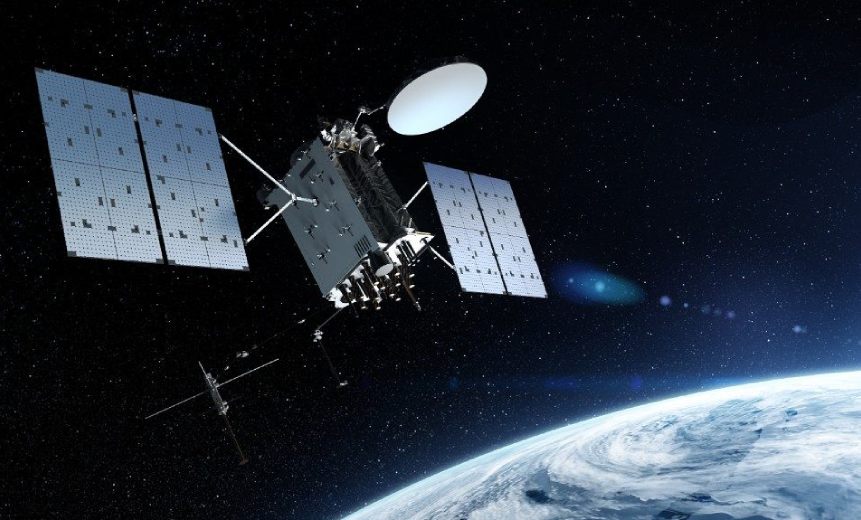A recent report has shed light on the continued delays and deficiencies in the federal government’s efforts to modernize the Global Positioning System (GPS) with a more secure and resilient signal known as M-code. The report, published by the Government Accountability Office, highlights the challenges faced by the U.S. Department of Defense in upgrading the GPS system, including a shortage of GPS chips and cards.
The Space Force, which is tasked with spearheading the federal GPS modernization program, has been working on developing military-grade M-code-capable user equipment to provide nearly 1 million chips to the Pentagon. However, the report indicates that significant work and challenges still remain, with delays in software development and testing complicating the efforts and posing a threat to the delivery of next-generation satellites.
Despite facing technical and manufacturing challenges, the Space Force aims to complete the development of new equipment by December 2025. This will enable military departments to transition to a system that can support 24 M-code capable satellites in continuous operation through the 2030s. However, the GAO warns that further delays could jeopardize the GPS satellite constellation’s ability to provide the required number of operational M-code-capable satellites into the next decade.
The report comes at a critical time, as the recent conflict in Ukraine has highlighted the importance of GPS jamming in combat situations. The effects of GPS interference have been felt not only in military operations but also in civilian aviation in neighboring countries. Countries like China have been accused of interfering with GPS signals in the Indo-Pacific region, affecting commercial pilots and maritime transportation.
Amid these challenges, space industry executives in the U.S. have been calling on the White House to designate space as a critical infrastructure sector. They emphasize the need to address rapidly advancing sectors like space infrastructure in national cybersecurity strategies to ensure the security and resilience of essential systems like GPS.
The report also raises concerns about the Space Force’s GPS Next Generation Operational Control System program, known as the OCX program, which continues to face development challenges. Despite reaching a significant testing milestone in 2023, the program must still demonstrate readiness for the transition of the GPS satellite constellation to OCX control.
The GAO points out that system-level qualification testing for the new system has been hindered by software deficiencies and challenges in integrating navigation systems with OCX subsystems. The program has been plagued by delays due to software-related critical deficiencies, prompting a halt in testing for several months. The Army and Navy have made progress in advancing their own M-code capable equipment, while the Navy and Air Force are planning an interim solution to provide M-code capabilities to current receivers in the coming fiscal years.
Overall, the report underscores the urgent need for the federal government to address the delays and deficiencies in the GPS modernization efforts to ensure the security and reliability of the GPS system for years to come. The challenges faced in upgrading and securing the GPS system highlight the critical importance of modernizing infrastructure to meet evolving threats and technological advancements in the digital age.


